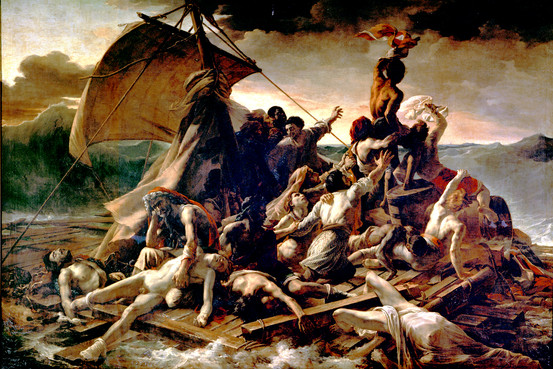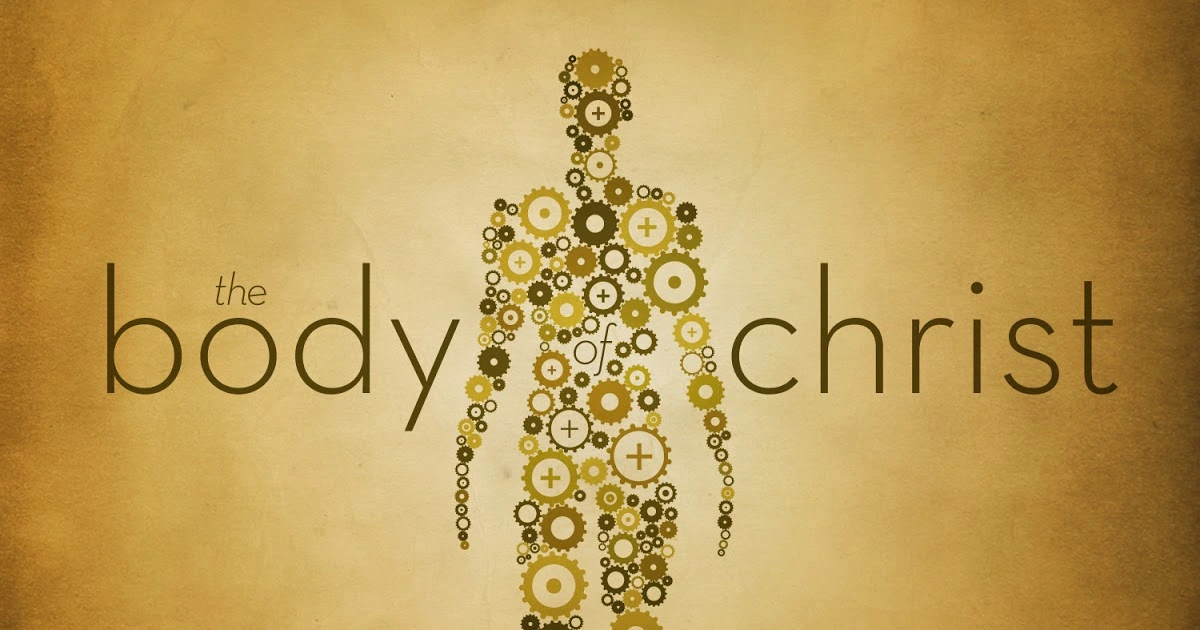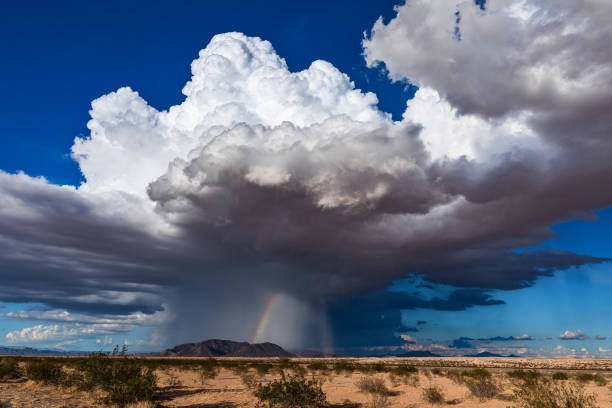“Pursue love, and desire spiritual gifts”
– 1 Corinthians 14:1 –
Paul introduces 1 Corinthians 14 with a recommendation: “It is love, then, that you should strive for. Set your hearts on spiritual gifts, especially the gift of proclaiming God’s message” (v.1).
The apostle did not say that the gift of prophesy (communicating messages on God’s behalf) was the best and only one. Some brethren in Corinth were speaking in tongues, but without interpretation; that is why Paul warns that, if they speak in tongues and are not understood, it is worthless.
The apostle acknowledges and declares:
“ I thank my God, I speak with tongues more than ye all; yet in the church I had rather speak five words with my understanding, that by my voice I might teach others also, than ten thousand words in an unknown tongue” (1 Cor. 14:18-19).
It is not useful to speak in foreign tongues, because the gift has been given for the edification of the church. Therefore, everything that is done needs to be intelligible.
Now, imagine the following: if the whole church meets together in the same place and everyone begins speaking in tongues, and people come in who are not knowledgeable or believers, and who will not understand anything that is said, won’t they say the members of that church are “out of [their] mind” (v. 23)?
Also, speaking in tongues without understanding and without comprehension can become a meaningless conversation… perhaps total bedlam. And it is not a good thing, because Paul says everything in the church should be “done decently ans in order” (v. 40).
A well known Doctor od Ministry once clearly said that the gift of tongues can be understood better as the gift to speak existing foreign languages without having studied them. 1 Corinthians 14 refers to a situation when someone speaks in a foreign tongue in a context where it is not understood, and they are speaking only to God because God can understand all languages.
The gift of tongues in Corinth was a genuine gift from the Holy Spirit, but was used incorrectly. Consequently, the church was intructed by Paul to return to the correct use of spiritual gifts with the intention that they would become a blessing, and not an obstacle for believers and non-believers.
“The talents that Christ entrusts to His church represent especially
the gifts and blessing imparted by the Holy Spirit…
‘But all these worketh that one and the selfsame Spirit,
dividing to evry man severally as He will’ (1 Cor. 12:11).
All men do not receive the same gifts, but to everyservant
of the Master some gifts of the Spirit is promised”
(Christ’s Object Lessons, p. 327).
Let’s use the gift God has given each one of us to edify the church.
May you have a blessed day…










